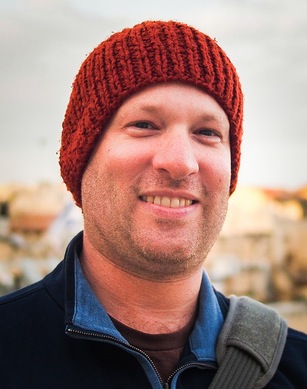Spring 2014 MnDRIVE Seminar Series
 |
Daniel Zelazo,
Technion - Israel Institute of Technology
|
Abstract
The linear consensus protocol has emerged as one of the important models for distributed multi-agent systems. A common assumption in the study of these models is the connectedness of the underlying information structure and the positivity of the coupling gains between neighboring agents. These assumptions provide a sufficient condition for the trajectories of the system to reach consensus. This talk will explore the behavior of linear consensus when the coupling gains are also permitted to be negative. This situation can lead a wider variety of steady-state trajectories including synchronous trajectories, cluster synchronization, and naturally, unstable trajectories. We propose a robustness measure for linear consensus protocols that characterizes “how negative” an edge-weight can be before transitioning from a synchronous to a clustering and ultimately unstable behavior. This measure turns out to be related to the effective resistance between the nodes incident to edges with negative weights and cuts in a graph.
Biosketch
I am currently an assistant professor in the Faculty of Aerospace Engineering at the Technion-Israel Institute of Technology. My academic trajectory has sent me through a few engineering departments, although my focus has always been on the rich field of systems and control theory. I received my B.Sc. (1999) and M.Eng. (2001) degrees in Electrical Engineering and Computer Science at the Massachusetts Institute of Technology. After completing my master's degree, I moved to Tsukuba, Japan to work on audio compression algorithms as a research engineer at Texas Instruments. After a slight perturbation to my career path as an English teacher, I eventually ended up at the University of Washington to pursue my doctorate (2009) under the guidance of Prof. Mehran Mesbahi. I then moved to Stuttgart, Germany as a postdoctoral research associate at the Institute for Systems Theory and Automatic Control under the supervision Prof. Frank Allgower. I joined the Technion in October of 2012.